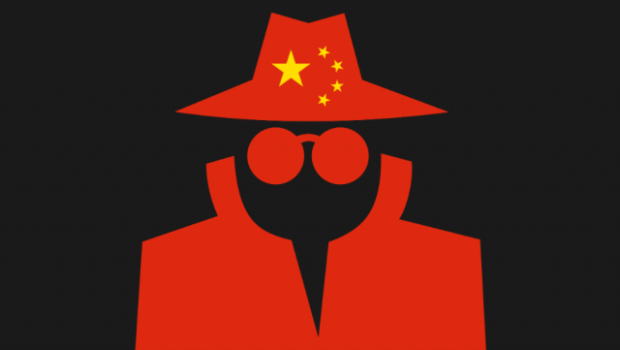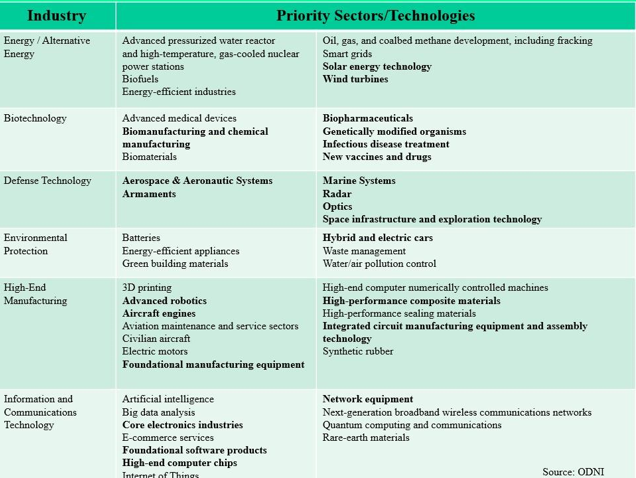

- #CHINESE ESPIONAGE GROUP NEW COMPATIBLE WITH HOW TO#
- #CHINESE ESPIONAGE GROUP NEW COMPATIBLE WITH TRIAL#
Global Times highlighted the case of a journalism student who worked for a “mainstream Western media outlet,” during which they “engaged with more than 20 hostile foreign groups and more than a dozen officials of a Western country,” providing evidence “that could be used to stigmatize China.”įoreigners have also been charged with espionage-related offenses, including Canadians Michael Kovrig and Michael Spavor, who last month went on trial after over two years of detention.

Just what constitutes spying in China can be very broad, however.
#CHINESE ESPIONAGE GROUP NEW COMPATIBLE WITH HOW TO#
The new regulations come as the Communist Party prepares to commemorate its 100th anniversary on July 1 and after China marked the sixth National Security Education Day earlier this month, during which Party and government bodies held workshops on how to guard against foreign spying, while police in Hong Kong goose-stepped and handed out riot police teddy bears to encourage children to engage with national security. He said it remains to be seen, “to what extent will these rules be enforced extra-territorially, so that Chinese companies and entities, as well as individuals are required to observe them even if they are operating beyond China’s borders.”Ī Chinese paramilitary policeman gestures on the promenade of the Bund along the Huangpu River in Shanghai on April 16, 2021. Malcolm Davis, a senior analyst and expert on Chinese foreign policy at the Australian Strategic Policy Institute, said Beijing “is wanting to bring commercial companies, universities, media and think tanks even more under government control to monitor and report the activities of Western entities operating in China, so this makes it more challenging for Western companies to do business than it already is.”


“It places emphasis on companies and institutions taking precautionary measures against foreign espionage,” Li Wei, an expert on national security and anti-terrorism at the China Institute of Contemporary International Relations, told the state-run Global Times, adding: “cases of Chinese people working in various industries who were wooed by money or intimidated to engage in espionage activities and became pawns of foreign spy intelligence agencies are numerous.”Ī graphic published by state media earlier this month warned that spies could target everyone from government employees to university students to “young active internet user(s),” inciting “defection” through the use of money, friendship or “beauty.” Once designated by the Ministry as being responsible for anti-espionage work, entities must vet and train personnel, particularly ahead of any foreign trips, after which they must be debriefed about any national security issues – essentially treating a broad range of bodies, including potentially universities and private businesses, as if they are sensitive government agencies. The regulations create new responsibilities for a host of bodies – including “social groups, enterprises and public institutions” – to keep a watch out for and prevent foreign espionage activity. China is stepping up anti-espionage activities amid worsening ties with the United States and a renewed focus on national security ahead of a key Communist Party anniversary later this year.Īnnouncing the new regulations Monday, state news agency Xinhua quoted a senior official at the Ministry of State Security as saying “overseas espionage and intelligence agencies and hostile forces have intensified infiltration into China, and broadened their tactics of stealing secrets in various ways and in more fields, which poses a serious threat to China’s national security and interests.”


 0 kommentar(er)
0 kommentar(er)
